AI Agent Frameworks
AI agent frameworks by example. Take a look at the different frameworks and choose the one that best fits your needs. Or take the best parts and build it yourself in your favorite language.
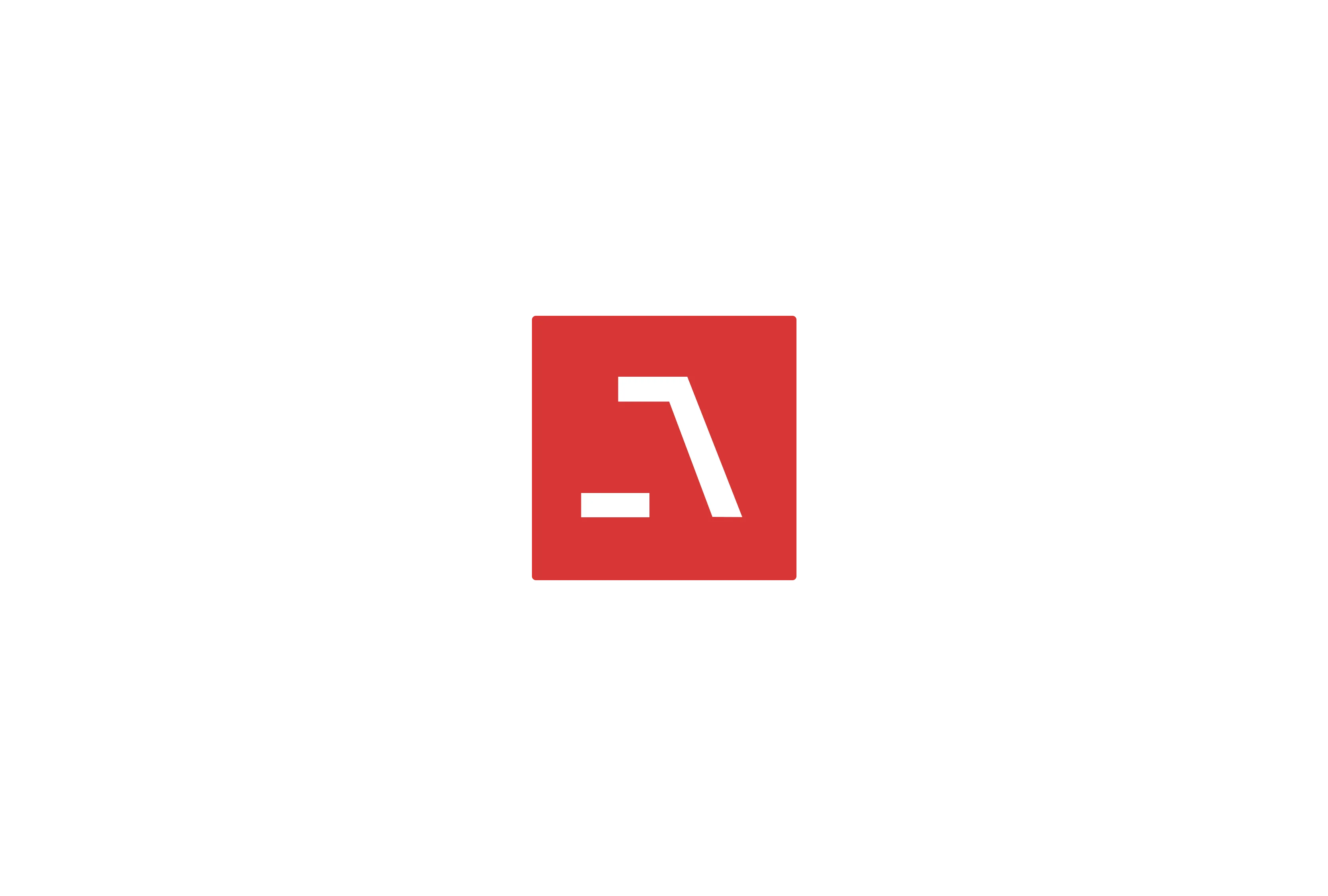
Agno
a lightweight library for building Multimodal Agents with memory, knowledge and tools.

Smolagents
Creates agents that run python code to acomplish tasks
Arkalos
Arkalos is an easy-to-use framework for data analysis, data science, building data apps, warehouses, AI agents, robots, ML, training LLMs with elegant syntax. It just works.
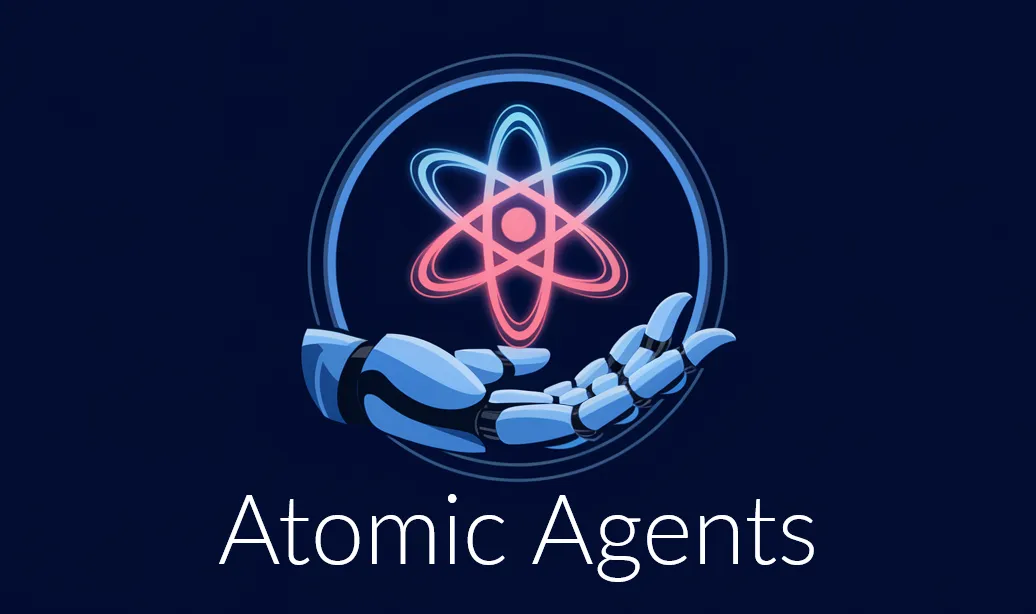
Atomic Agents
The Atomic Agents framework is designed around the concept of atomicity to be an extremely lightweight and modular framework for building Agentic AI pipelines and applications
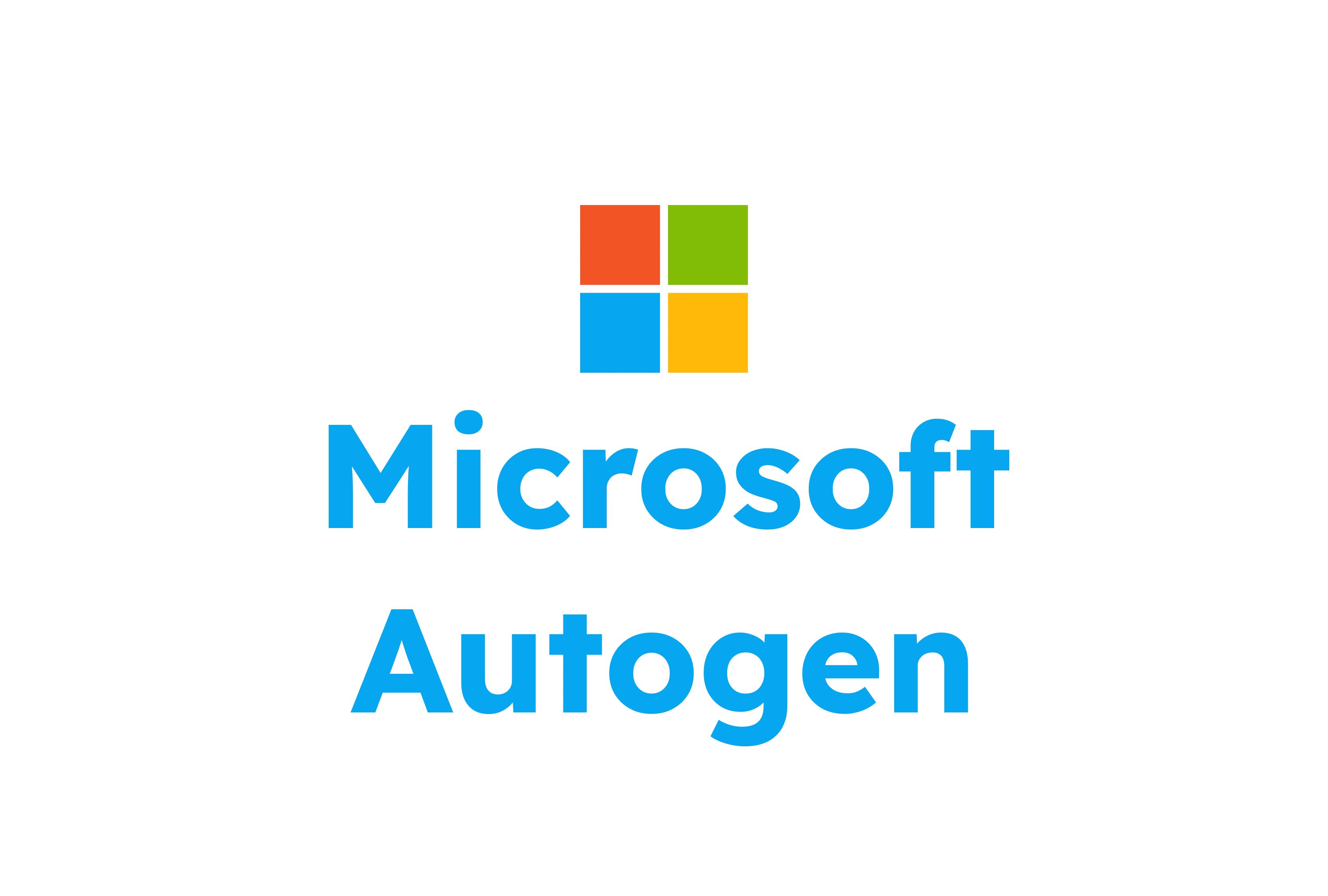
Autogen
A framework from microsoft for building agents.
Client AI
ClientAI is a Python package that provides a unified framework for building AI applications, from direct provider interactions to transparent LLM-powered agents.

Cloudflare Agents
Build and deploy AI-powered Agents on Cloudflare that can autonomously perform tasks, communicate with clients in real time, persist state, execute long-running and repeat tasks on a schedule, send emails,
Ag2
Build production-ready multi-agent systems in minutes, not months.
Camel AI
Agents in CAMEL are autonomous entities capable of performing specific tasks through interaction with language models and other components. Each agent is designed with a particular role and capability, allowing them to work independently or collaboratively to achieve complex goals.
Control Flow
ControlFlow provides a structured, developer-focused framework for defining workflows and delegating work to LLMs, without sacrificing control or transparency
archgw
The intelligent (edge and LLM) proxy server for agentic applications.

Crew AI
Framework including easy deployment and management of agents using a ui
eliza os
AI agent framework focused on creating consistent characters interacting on social media.
Evolving Agents
A toolkit for agent autonomy, evolution, and governance. Create agents that can understand requirements, evolve through experience.
Gödel Agent
Gödel Agent is a self-referential agent framework for recursive self-improvement.
Hawkins Agent
A Python SDK for building AI agents with minimal code using This framework integrates key tools and services for building functional AI agents.
Haystack
open source drag and drop AI agent framework.
KaibanJS
KaibanJS is a framework for building AI agents. It is a set of primitives that you can use to build your own agents.
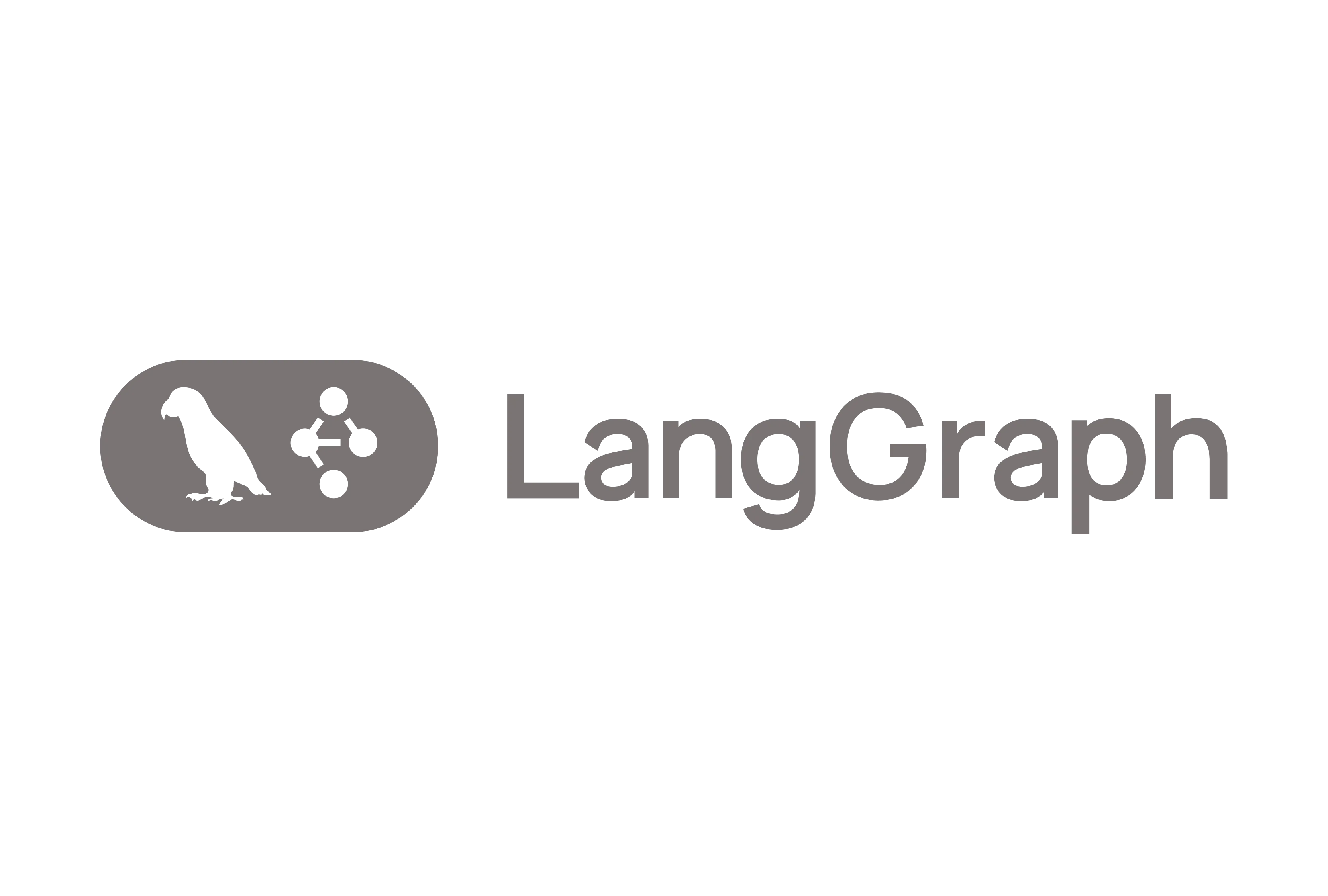
LangGraph
LangGraph — used by Replit, Uber, LinkedIn, GitLab and more — is a low-level orchestration framework for building controllable agents.
Letta
Build agents with infinite context and human-like memory, that can learn from data and improve with experience
Mastra
Mastra is an opinionated TypeScript framework that helps you build AI applications and features quickly. It gives you the set of primitives you need: workflows, agents, RAG, integrations and evals. You can run Mastra on your local machine, or deploy to a serverless cloud.
NPCSH
AI Agent framework designed to integrate Large Language Models (LLMs) and Agents into one's daily workflow by making them available and easily configurable through a command line shell as well as an extensible python library.
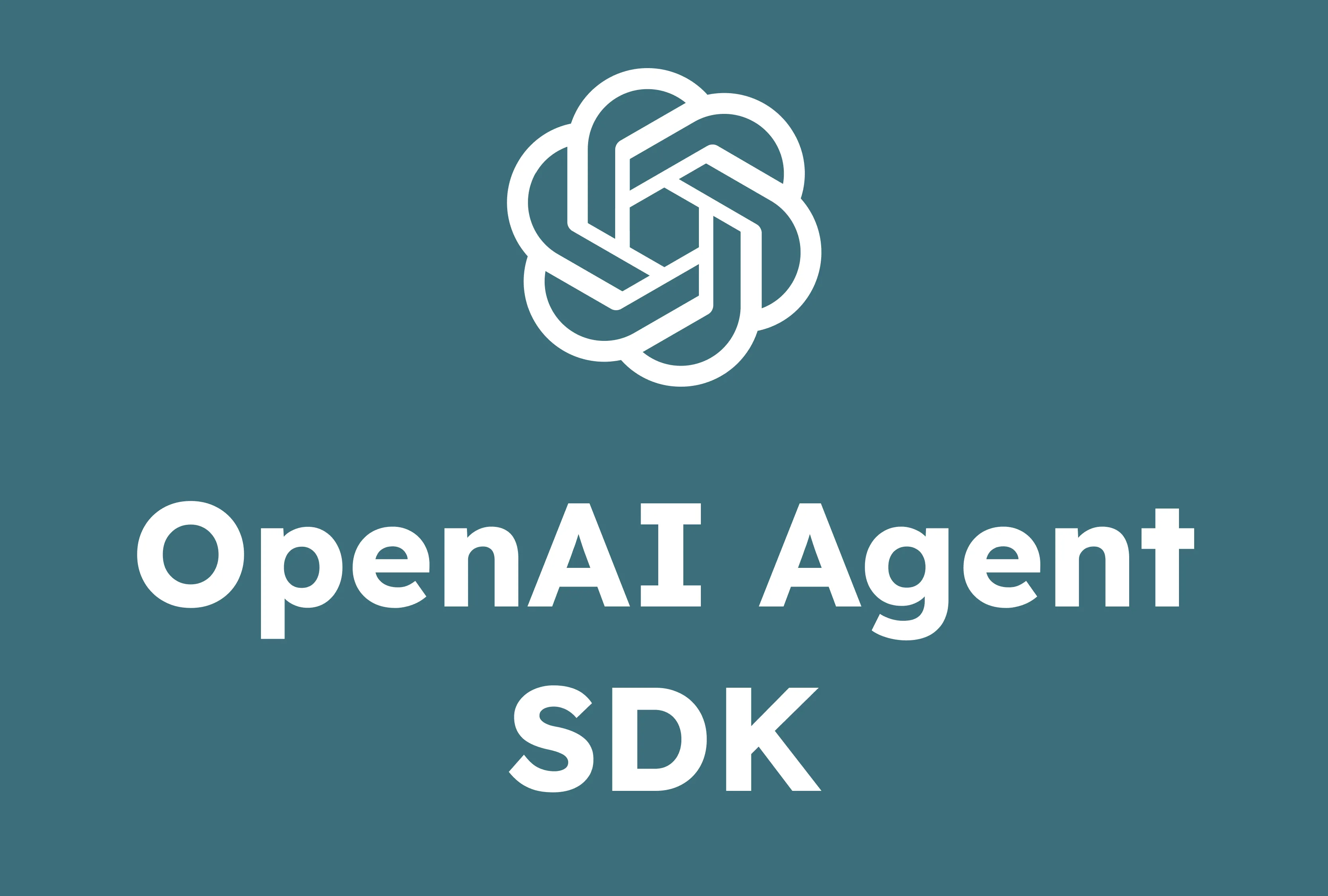
Open AI SDK
New agent sdk from open ai including tools such as computer use, function calling, file search, web search
PixelAgent
PixelAgent is a framework for building AI agents. It is a set of primitives that you can use to build your own agents.
Praison
PraisonAI is a production-ready Multi-AI Agents framework with self-reflection, designed to create AI Agents to automate and solve problems ranging from simple tasks to complex challenges. By integrating PraisonAI Agents, AutoGen, and CrewAI into a low-code solution, it streamlines the building and management of multi-agent LLM systems, emphasising simplicity, customisation, and effective human-agent collaboration.
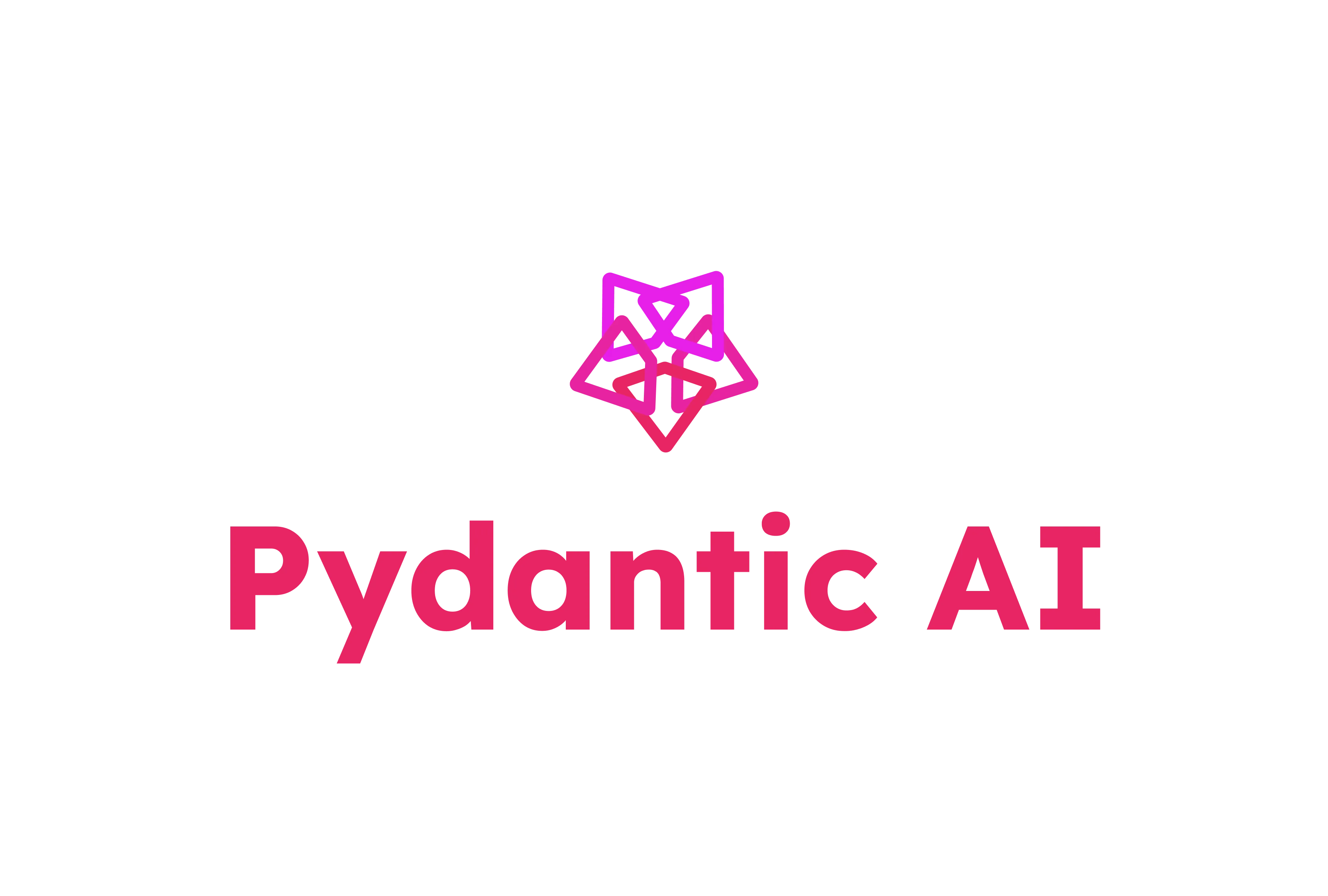
Pydantic AI
model agnostic library based on the popular pydantic library for type checking, supports graphs

LlamaIndex Agents
LlamaIndex is a simple, flexible framework for building agentic generative AI applications that allow large language models to work with your data in any format.
Scout OS
Nocode/lowcode agent builder framework.
Swarm
Swarm is a framework for building AI agents. It is a set of primitives that you can use to build your own agents.
TypedAI
TypedAI is a framework for building AI agents. It is a set of primitives that you can use to build your own agents.
Vercel Agents
Building agents with Vercel AI SDK
VoltAgent ⚡️
VoltAgent is a framework for building AI agents. It is a set of primitives that you can use to build your own agents.
Water
Water is a framework for building AI agents. It is a set of primitives that you can use to build your own agents.
About
Since 2024 agents have been a hot topic in AI.
The term agent itself is not well defined and most people don’t know exactly what it is.
I built this site because I was struggling to follow all the different frameworks that were emerging and to understand the differences between them.
That is why I created codeagents.dev as a directory of all AI agent frameworks that I am aware of. Instead of just putting the links to the frameworks, I wrote two agents for each framework.
This allowed me to dive deeper into the different frameworks and understand if they are actually useful.
This site was built as a reference to compare the different approaches to building AI agents.
Frequently Asked Questions
What is an agent?
An AI agent is a software program that is able to finish tasks for a user. The agent has control over the flow of the code. It can decide when to stop when it has finished the task. Additionally, the agent has access to tools that can be used to complete the task.
Why are there so many frameworks?
From reviewing all the frameworks, many of them are companies and startups trying to acquire users that can be later converted into paying customers of a cloud service. This is not necessarily a bad thing, but it is something to be aware of. This motivates many companies to build a framework and be ready to expand into this market.
What is the difference between an agent and a model in a for loop?
A model call in a for loop is not an agent, because an agent can control the flow. It can decide when to stop the loop, when it decides that it has finished the task. Additionally, the AI agent has access to tools that can be used to complete the task.
Isn’t an agent is just a cron job with an LLM call?
A cron job is just a way to schedule a task to run at a specific time. It can be a great way to run an agent. However the cron job combined with an LLM call is not an agent by itself. For this to be an agent, it needs to be able to control the flow of the task.
Is it better to just maintain these abstractions myself?
Sometimes it may be better to write the equivalent code of the framework yourself. This website can help to be a reference to compare the different approaches to building AI agents.
Author
I am Mark 👋🏽, a software engineer currently working on AI agents for law firms @Whisperit.
Criteria
The criteria for inclusion is based on the following:
- The library or framework helps to build agents.
- Has a specific API for building agents
- OR: Assists in building sub components of agents
- Documentation exists
- Value added minimum evaluated based on the code.